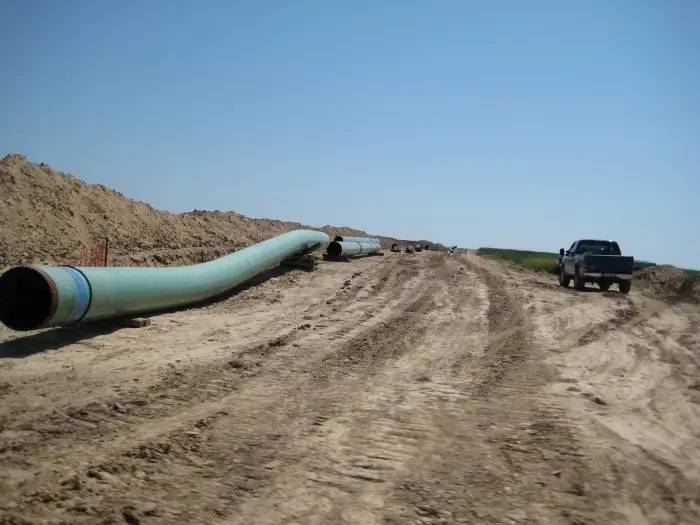Talking to the media following his meeting with Turkmen President Gurbanguly Berdimuhamedov, the foreign minister said the project was expected to create 2,000 jobs….reports Ateet Sharma
Buoyed by the Taliban takeover of Afghanistan, Pakistan has made a fresh bid to revive the Turkmenistan-Afghanistan-Pakistan-India (TAPI) gas pipeline project.
During his visit to Ashgabat, Turkmenistan’s capital, on Thursday, Pakistan’s foreign minister Shah Mehmood Qureshi sought revival of the dormant project. Qureshi said that TAPI was beneficial for the entire region and Afghanistan alone would get $1 billion in transit fee and royalty after completion of the project, Paksitani daily Dawn reported.
Talking to the media following his meeting with Turkmen President Gurbanguly Berdimuhamedov, the foreign minister said the project was expected to create 2,000 jobs.
With a total length of approximately 1814 km – 214 km of which falls in Turkmenistan, 774 km through Afghanistan, and 826 km in the territory of Pakistan before reaching Fazilka in India’s Punjab – the mega gas pipeline project would connect Turkmenistan, one of the largest energy suppliers in the world, with the South Asian countries.
Active since the TAPI Summit was held in the Turkmenistan capital in December 2010, the project has already seen more lows than highs with an uncertain future in store now after the removal of Ashraf Ghani government. A desperate Pakistan is also worried about the future of the construction of a high-voltage power transmission line along the Turkmenistan-Afghanistan-Pakistan (TAP) route.
Long before it took control of Kabul, the Taliban had assured that it will not harm projects like TAPI which would contribute to the development of the Afghan economy.
On February 6 this year, during talks held with Turkmen Deputy Prime Minister and Foreign Minister Rashid Meredov in Ashgabat, a Taliban delegation had acknowledged that Turkmenistan had been providing significant support to the Afghan people for many years, primarily in areas like energy, transport and communications.
The delegation of the ‘political office of the Taliban movement’ was led by a certain Abdul Ghani Baradar, the outfit’s de facto leader right now who held a secret meeting with the CIA Director William Burns in Kabul, earlier this week.
After the “constructive negotiations” with Baradar, the Turkmenistan foreign ministry had said that the Taliban delegation had expressed “full support” for the implementation of the infrastructure projects aimed at ensuring the well-being and prosperity of the Afghan people.
Besides the TAPI pipeline and power transmission lines along the Turkmenistan-Afghanistan-Pakistan route, it also included the railways project connecting Turkmenistan with Afghanistan.
Addressing a press conference after the meeting, Suhail Shaheen, a spokesperson and member of the Taliban negotiation team, had declared “full support” for the implementation and security of the TAPI project and other infrastructure projects.
“There is no doubt that the early start of construction of projects such as TAPI, TAP and railways from Turkmenistan to Afghanistan will contribute to the achievement of peace and economic development in Afghanistan. At a time when, on the one hand, there is a struggle for the independence of our country, we, in turn, ensuring the protection of all national projects implemented in our country, are trying to make the necessary contribution to the well-being of our people and the development of the state,” Shaheen had said then.
Playing a crucial role in Taliban’s takeover of Afghanistan, the Imran Khan government is making all efforts – including Qureshi’s ‘billion dollar’ statement – to ensure that the new regime sticks to the promise made in Ashgabat.
(The content is being carried under an arrangement with indianarrative.com)

Leave a Reply